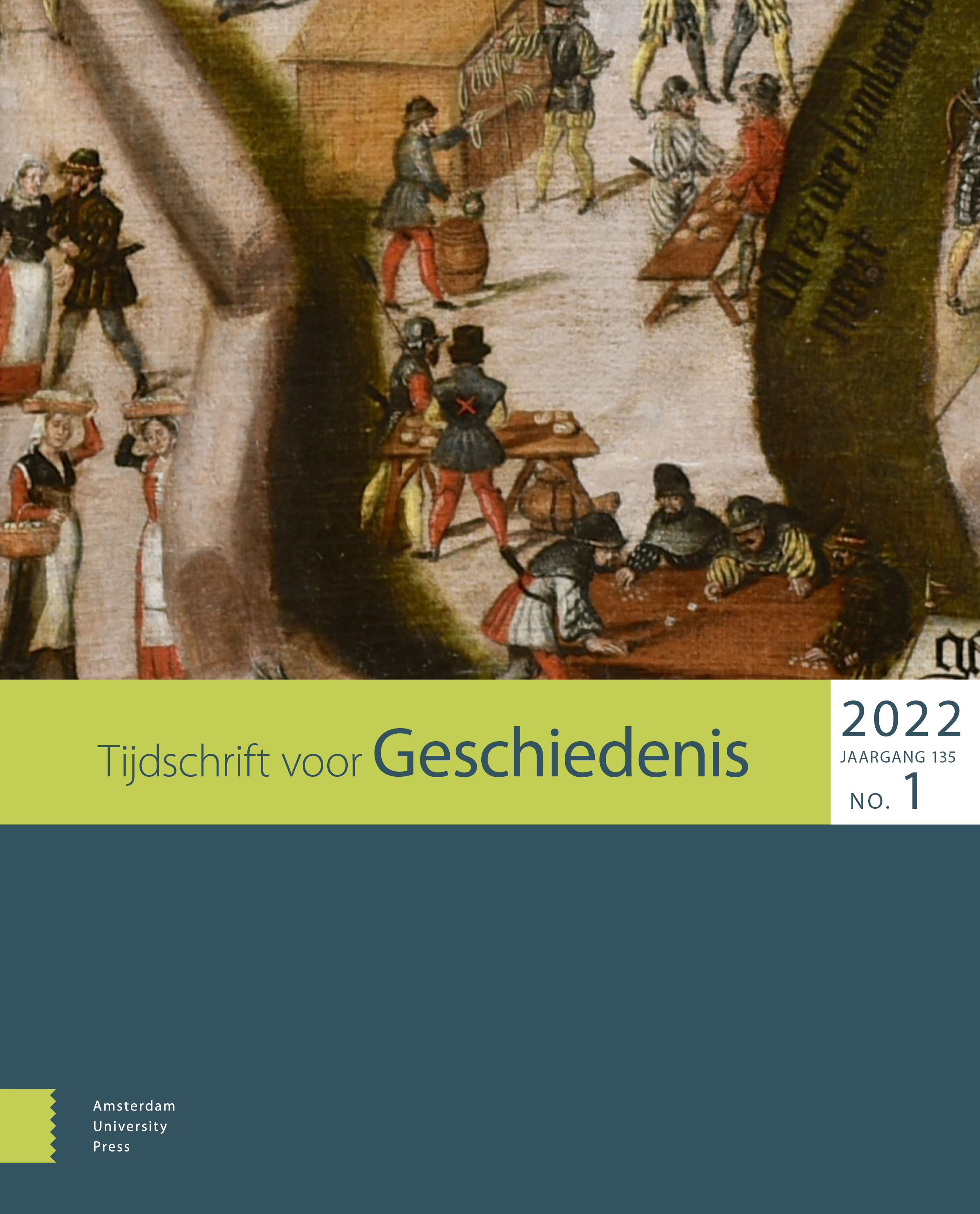-
oa Het dier is dood, leve de dieren - Het dierenrechtendebat vanaf de jaren 1970
- Amsterdam University Press
- Source: Tijdschrift voor Geschiedenis, Volume 125, Issue 4, Dec 2012, p. 552 - 566
Abstract
Eric Hobsbawm’s description of the twentieth century as an age of extremes is perhaps even more appropriate to animal societies than to human. Demographic changes were dramatic: rapidly declining populations in the wild and a corresponding increase in industrial livestock production. Excessive exploitation of farm animals fuelled social resistance and gave rise to profound questions about the moral status of animals. The subsequent development of theories of animal rights from the 1970s onwards can be divided into two broad categories. The first, situated in the Enlightenment tradition of political liberalism, comprises utilitarian, neo-Kantian, contractarian, and capabilities approaches as well as citizenship theory. The second is defined by its critique of Enlightenment thinking. Notably in post-humanism, the question of the animal is central to deconstructing humanist essentialism, opening up inquiries into ethical responses to the non-human other. However, to effect changes in practice, appeals to anthropocentric concerns remained the most successful in view of the enormous environmental and social impacts of animal production.


